New England in July
Hanover, New Hampshire is archetypal Americana. Home to Dartmouth College, town and gown join hands on the village green to create a community straight out of a Norman Rockwell painting. Nestled next to the Connecticut River, Hanover’s historic charm is almost painfully perfect. Coffee shops, bookstores, pubs, and churches line the high road, but the main attraction is the Ivy League university in the heart of the village.
I’m in town for a conference. University brass from all over the country, dressed in seersucker and chambray, are here to discuss best practices in higher educational philanthropy. It’s a hell of a soiree. The folks from Harvard have arrived, as well as the development teams from Stanford, Duke, and Notre Dame. I feel a bit intimidated, but upon checking into my undergraduate dorm that is home for the week, I’m in a good place. Wood-paneled walls, two small writing desks, bunk beds, and a shower down the hall remind me of my precious days as a plebe. I drop my bags and head to the opening night clambake.
Oh my Lord! Lobster, shrimp, mussels, clams, corn, and potatoes tossed on a red and white checkered tablecloth. All there for the taking. New England decorum is tossed to the wind as university presidents, deans, and directors dive elbow deep into the seafood smorgasbord. I spend the next few days in plenary sessions and break-out rooms learning more about the art and science of philanthropy. I learned a lot. However, what I will take with me isn’t what I experienced at the symposium, it’s the simple and enduring truth of a New England summer.
New England in July conjures up Thoreau, Longfellow, Emerson, Frost, and Oliver. The rest of my week was spent frequenting Molly’s pub, the Dartmouth Green, biking along the river, and reading in the university library. It was perfect. The Saltbox and Dutch Colonial houses, white Congregational churches, stone walls, covered bridges, town green, and a seemingly timeless landscape culminated in one of the best weeks of my life. It was all just so romantic. Hanover remains an idealized version of American life, a throwback to our pre-industrial past when slow food, long conversations, good books, provincial produce, and localized life was normative.
It’s weird to feel nostalgic about a place you’ve barely experienced. But the twinge in my heart was real. Maybe it was a wistful feeling about a time that never was. Maybe I got caught up in the myth of America. A fantasy we’ve yet to realize. Regardless, my week in Hanover was magical. Traveling does that to you, doesn’t it? You discover a place and an experience that you didn't know you needed, but now you can't live without.
Summer is my season. It’s the point of my beginning, and will probably be the time of my end. As a July baby, I’m most at home in midsummer. This July marks my fifty-third summer on earth. I hope I get fifty more.
Are you a child of summer? What season makes you feel most at home, and why?
If I have another life, I want to spend it all in summer. I want to wake with the thick dew on the grass, the sweet smell of honeysuckle in the air, and nothing to do all day but ripen in the sun.
As we enjoy the last few weeks of this summer, let me leave you with a poem from one of New England’s finest, Mary Oliver.
The Summer Day
Who made the world?
Who made the swan, and the black bear?
Who made the grasshopper?
This grasshopper, I mean-
the one who has flung herself out of the grass,
the one who is eating sugar out of my hand,
who is moving her jaws back and forth instead of up and down-
who is gazing around with her enormous and complicated eyes.
Now she lifts her pale forearms and thoroughly washes her face.
Now she snaps her wings open, and floats away.
I don’t know exactly what a prayer is.
I do know how to pay attention, how to fall down
into the grass, how to kneel down in the grass,
how to be idle and blessed, how to stroll through the fields,
which is what I have been doing all day.
Tell me, what else should I have done?
Doesn’t everything die at last, and too soon?
Tell me, what is it you plan to do
with your one wild and precious life?
—Mary Oliver
Peace and Blessings Friends,
Gary Alan Taylor

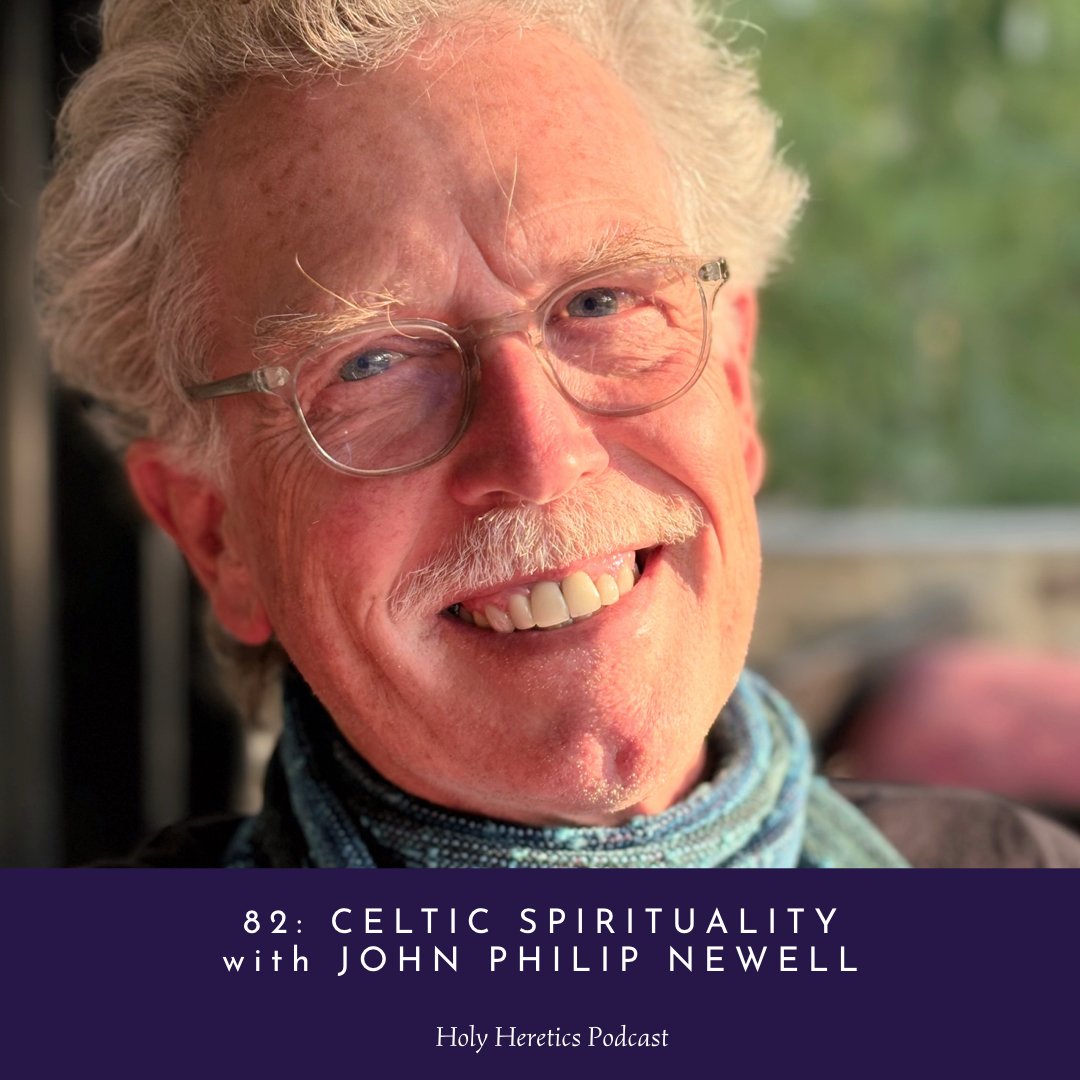
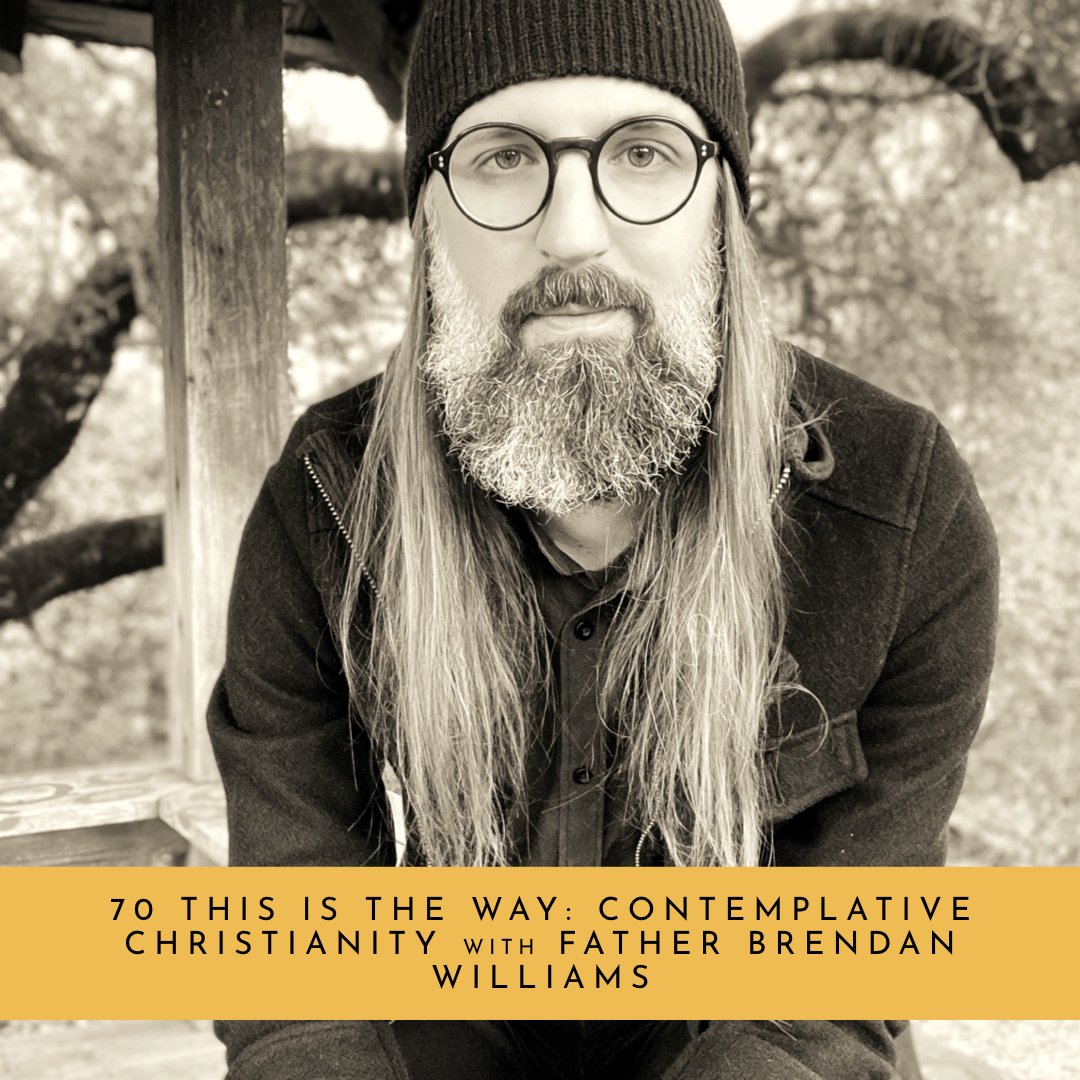
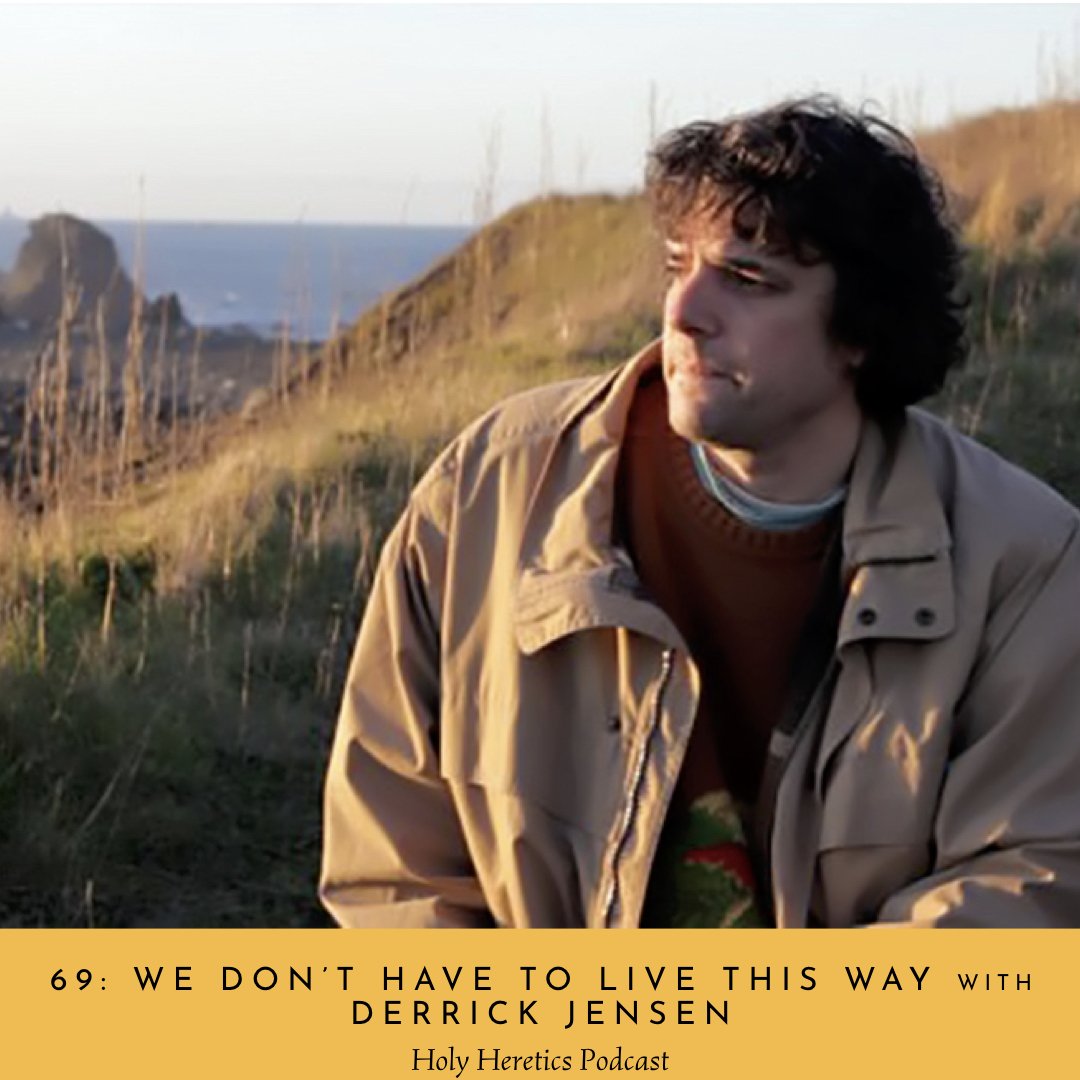
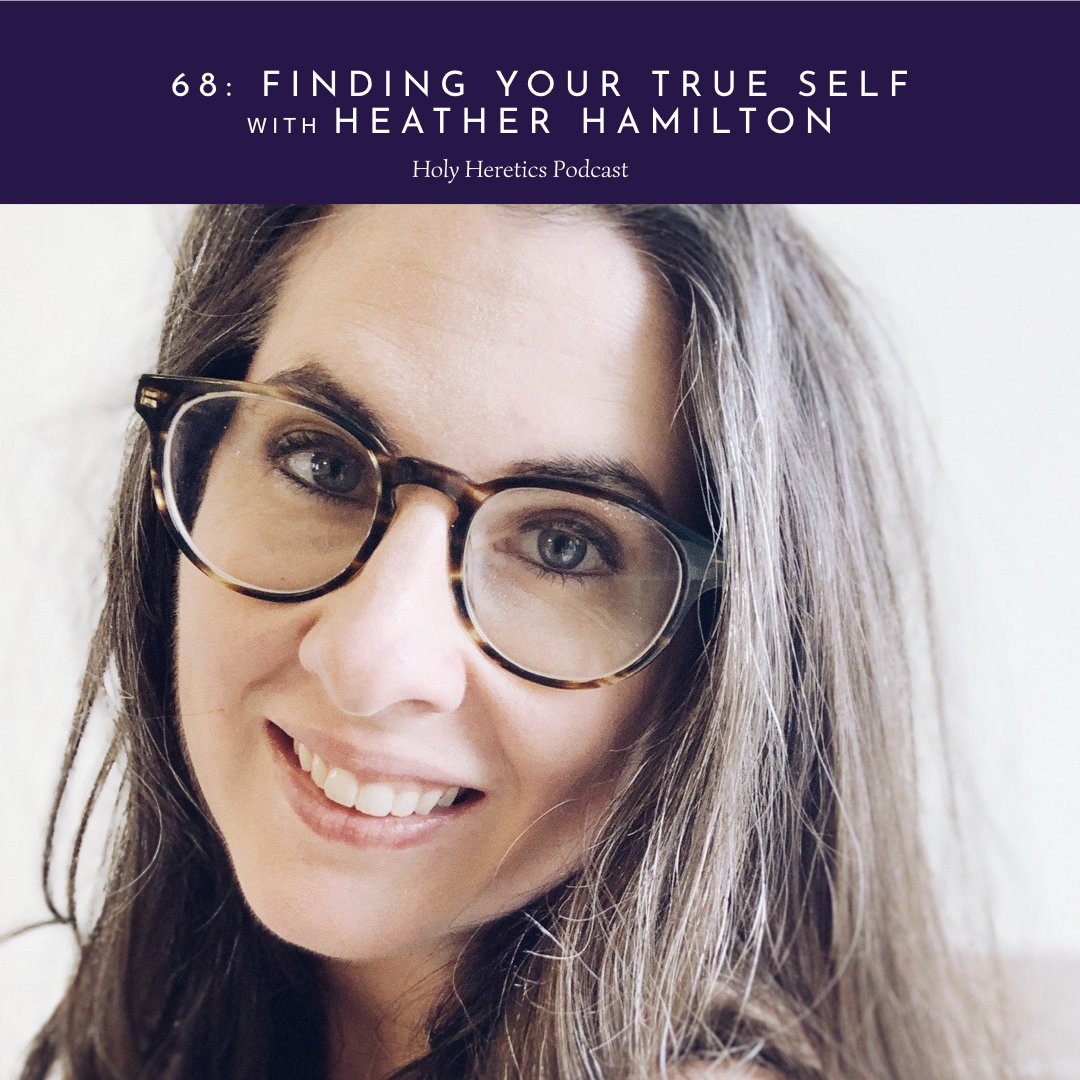
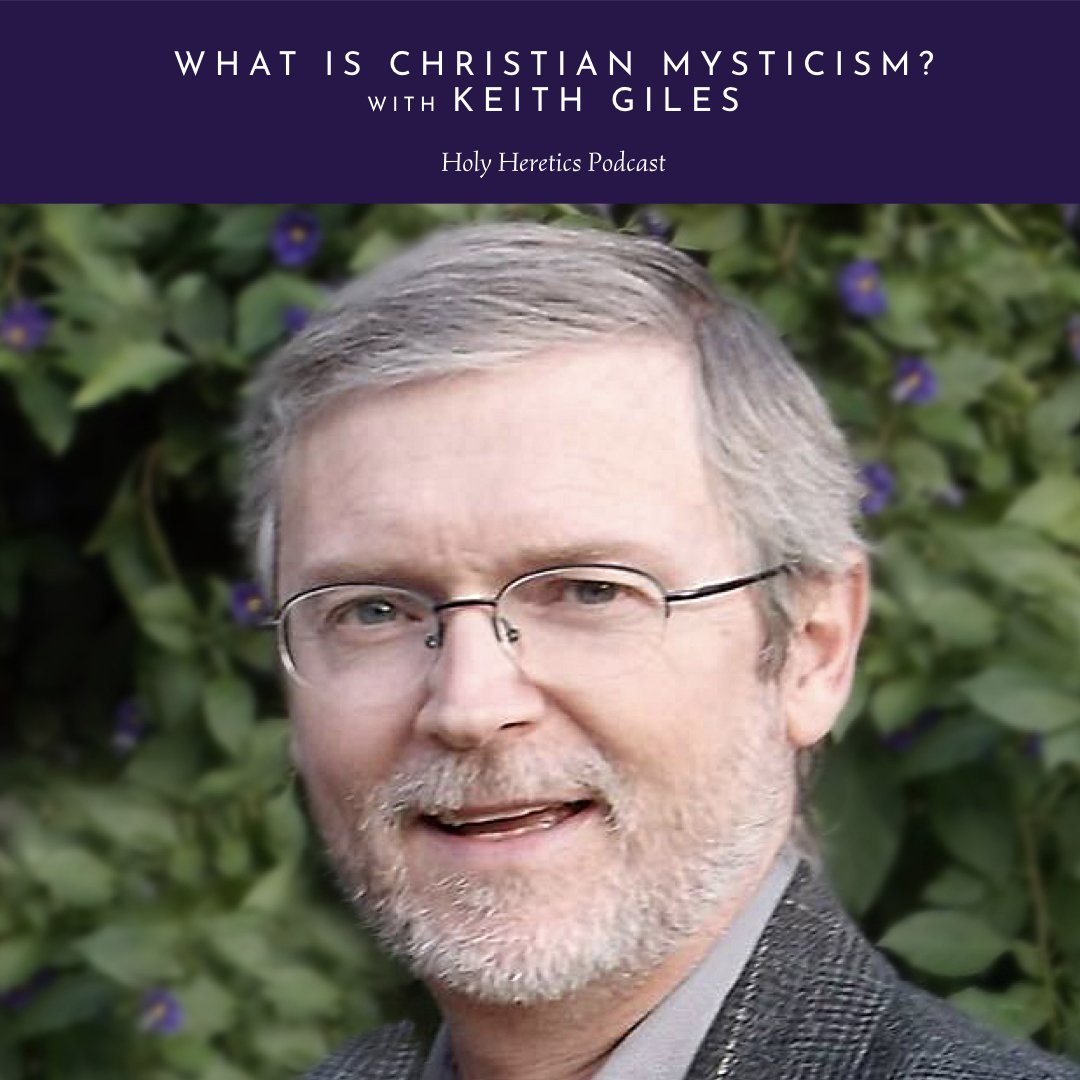
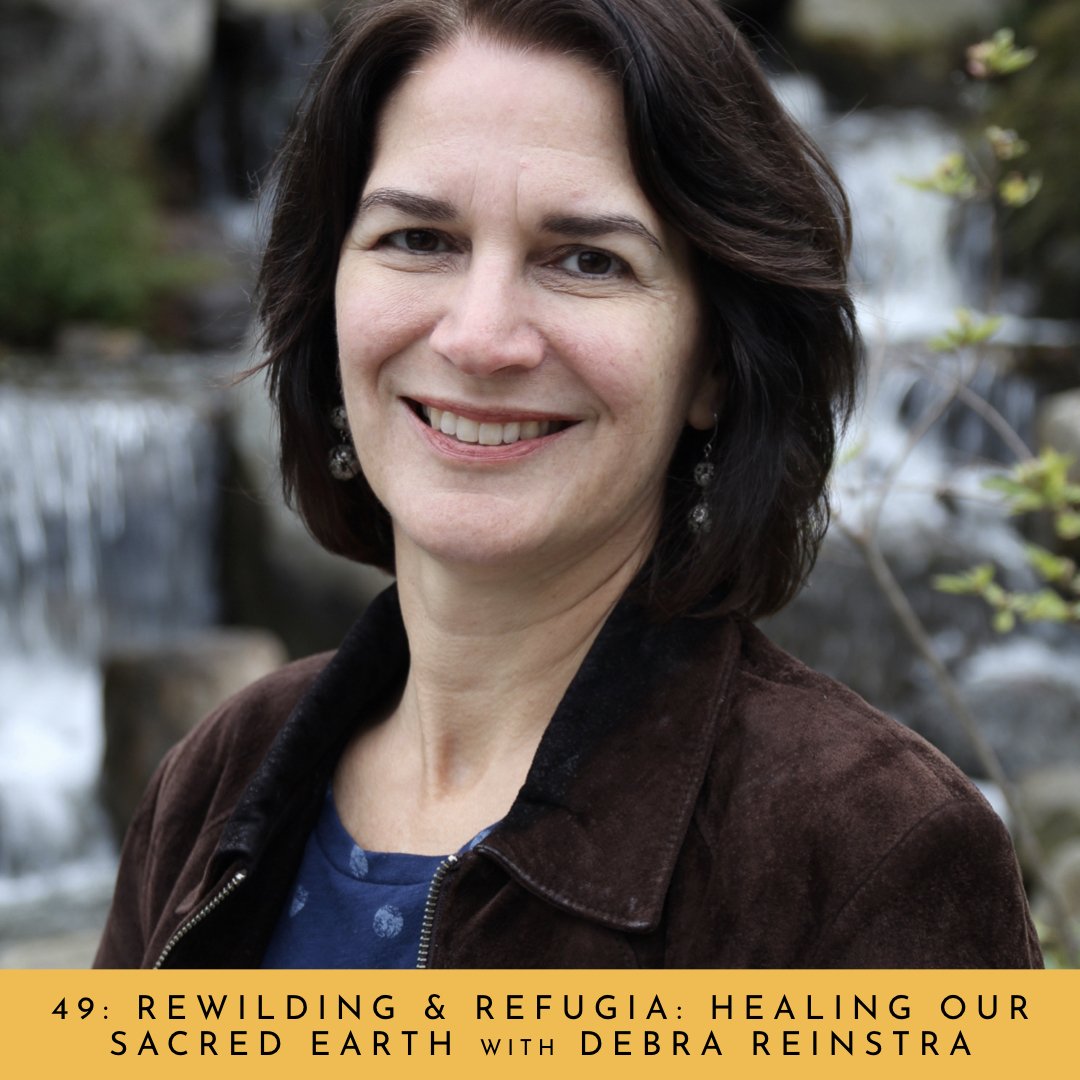
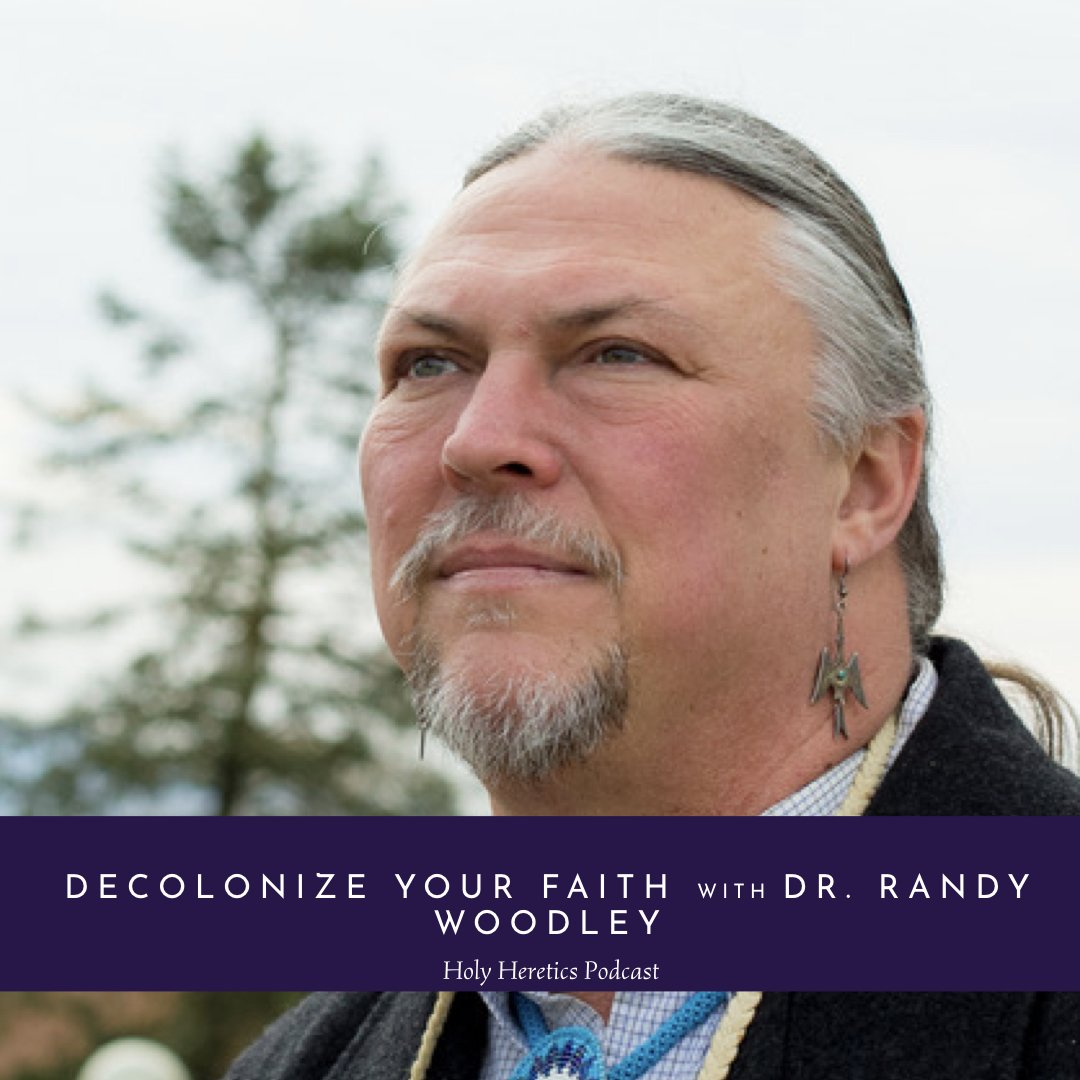
Growing up evangelical required a preoccupation with external behaviors and moral performance, or what I now understand as sin management. The more you controlled, hid, or projected your external behaviors onto others, the closer you were to God. Leaving evangelicalism meant finding deeper streams of spiritual wisdom. Instead of this hyper-fixation on what I was doing, inner Christianity helped me recognize God’s eternal presence at the core of my being.